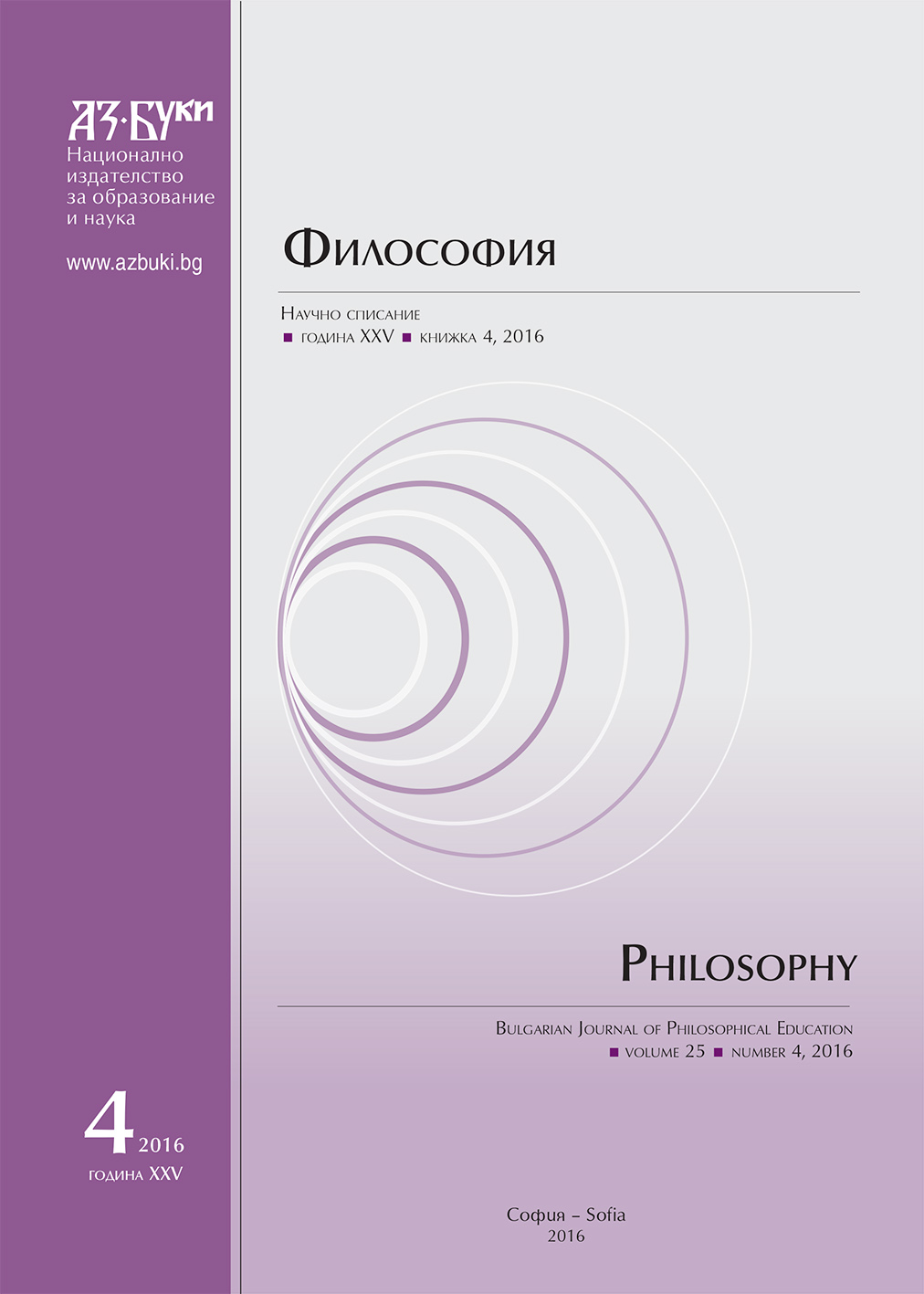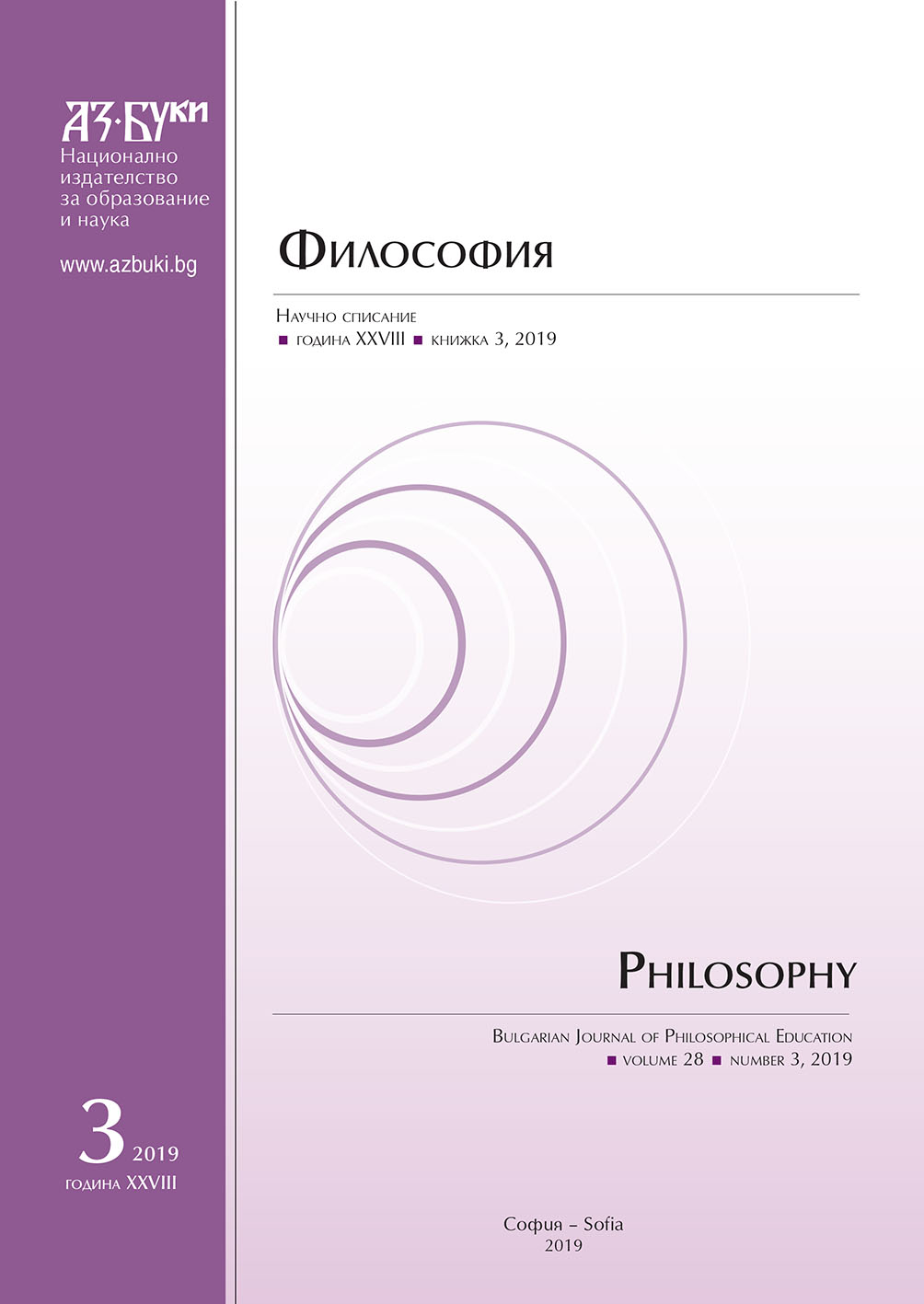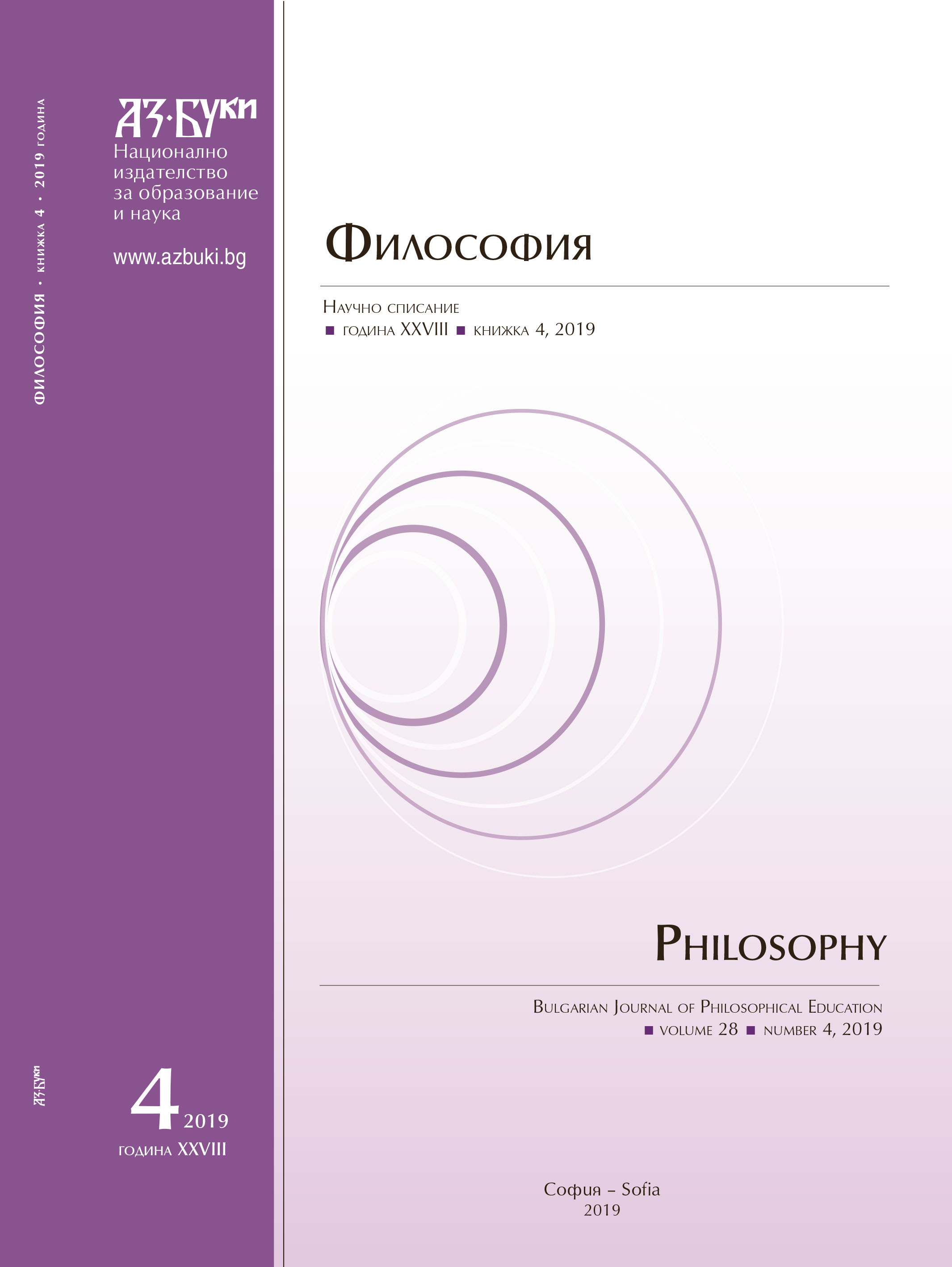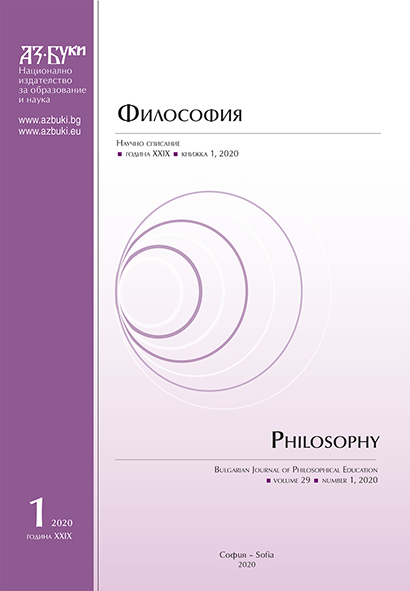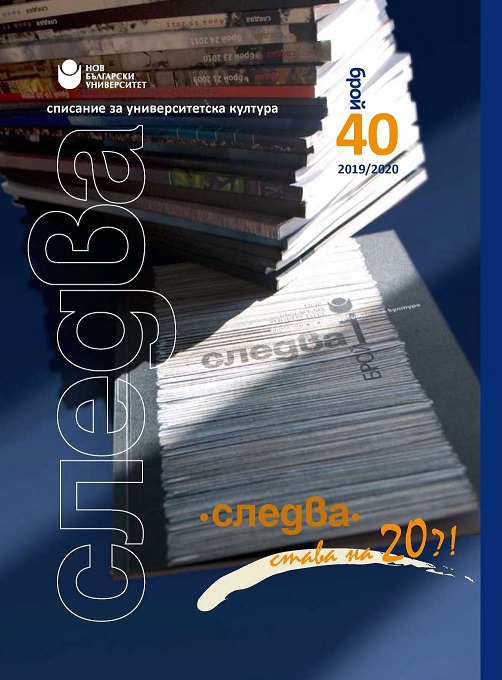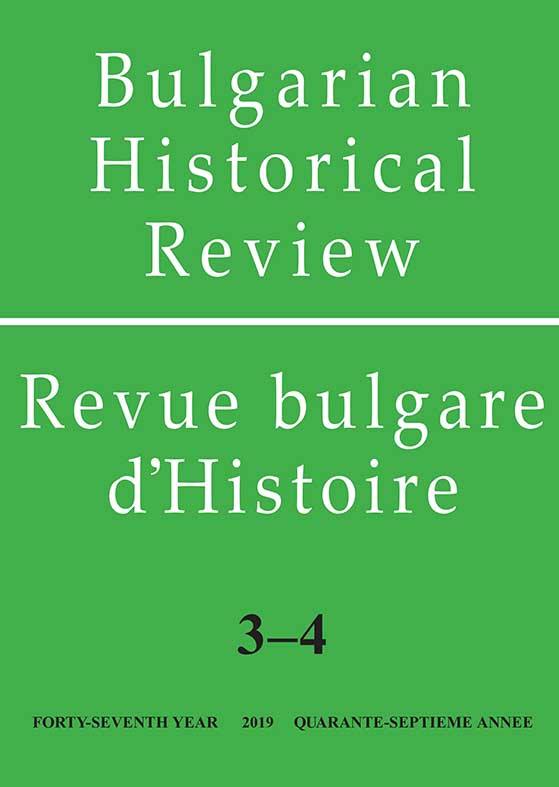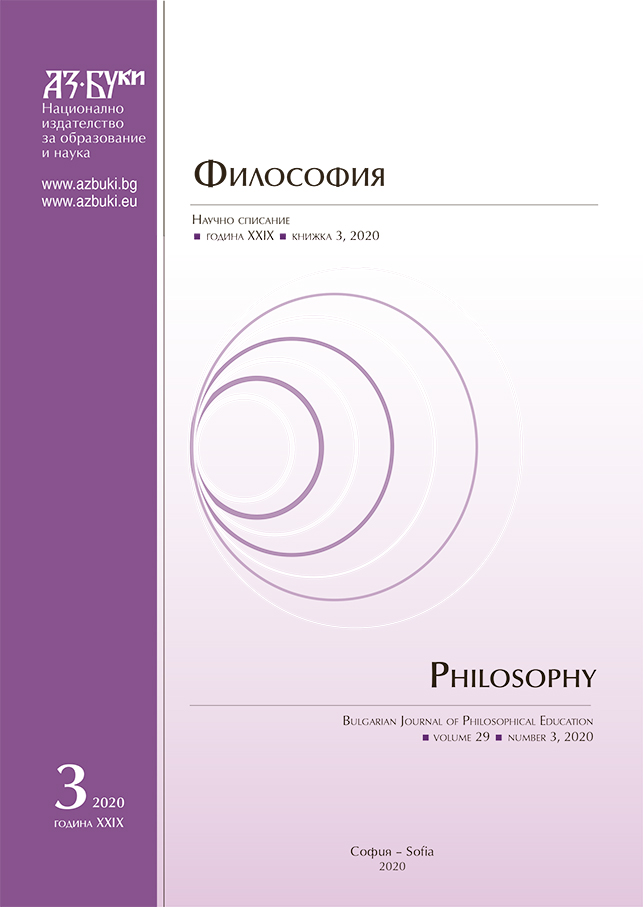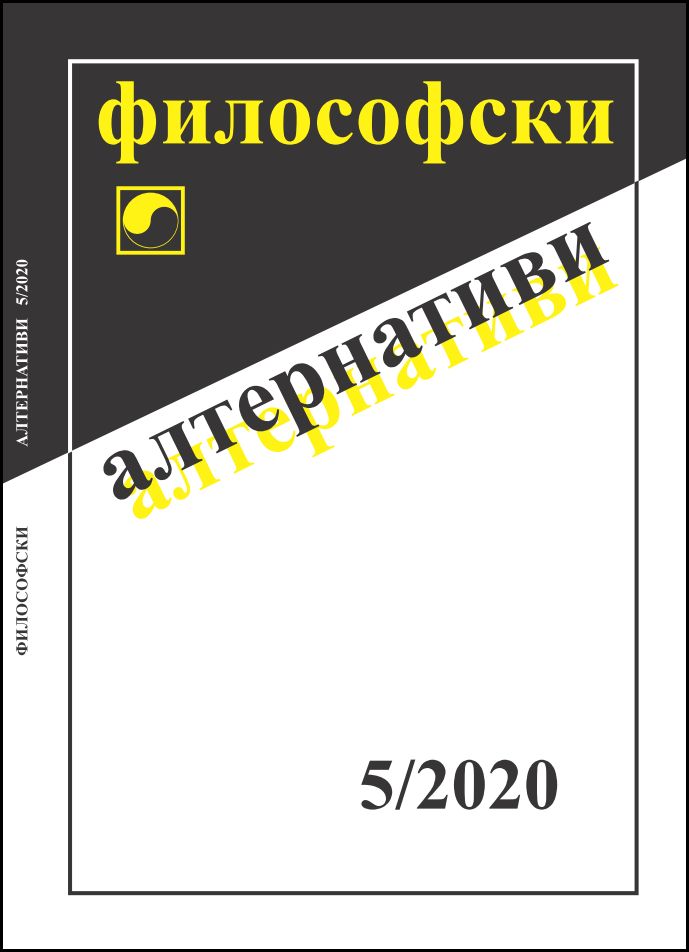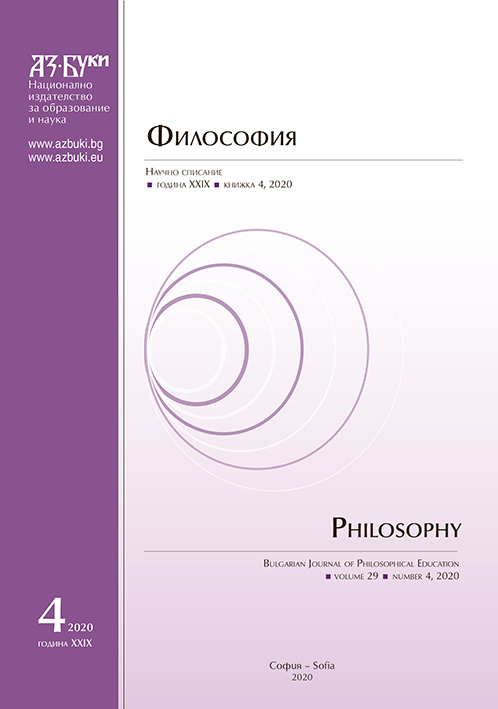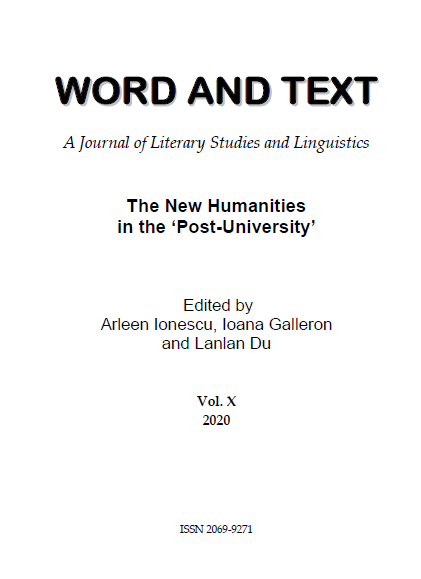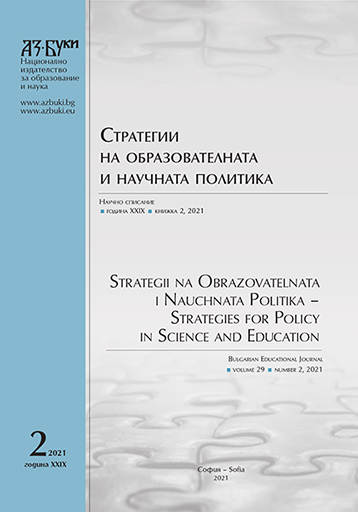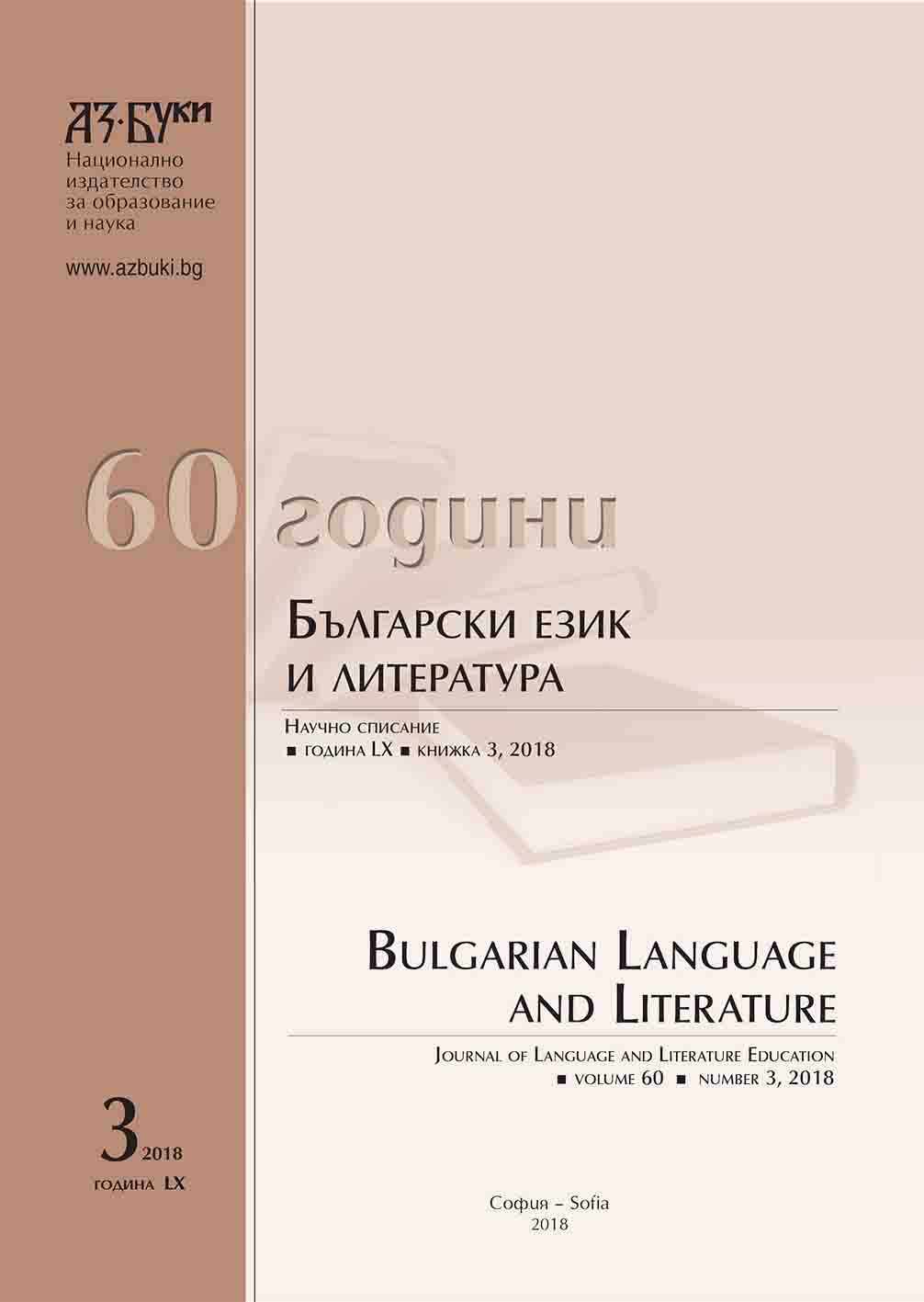
К. Г. Юнг на български – другият поглед към съвременната хуманитаристика
The article reflects on the Swiss scientist translations’ influence on Bulgarian humanities. A short flashback revealing some Bulgarian writers’ Jungian appreciation of literature is constructed. Outlined is doctor Krustev – Karl Jung relation through Wundt and German philosophical, aesthetical and psychological school of the second half of the XIX th century. The text mentions the neglect of psychoanalytical methodology in Bulgarian literature and humanities, started by the “Misal” journal founder. Attention is payed to Yavorov’s poem “Nosht” (Night) as a productive object of psychoanalytical research. Mentioned are also some Bulgarian authors form different generations to whose works this methodology proves to be very productive.
More...
